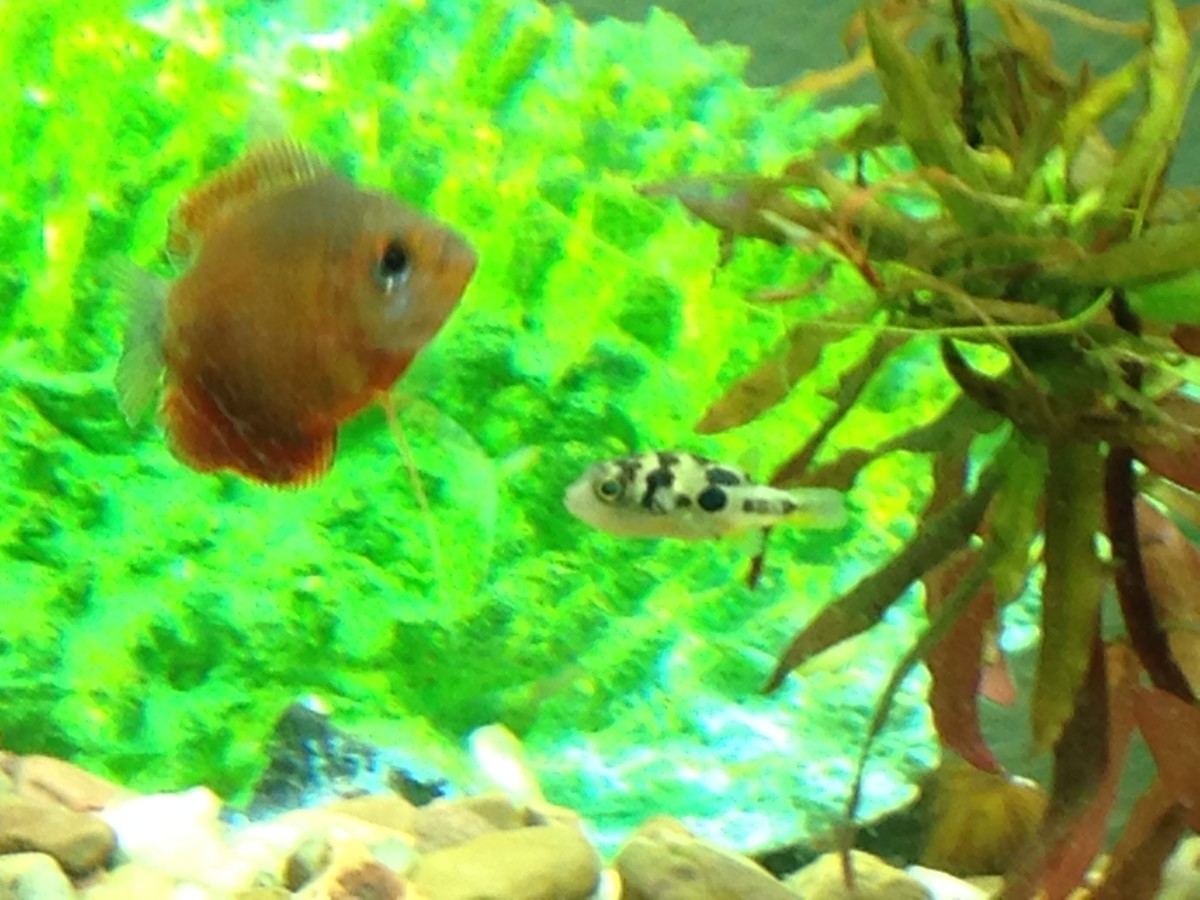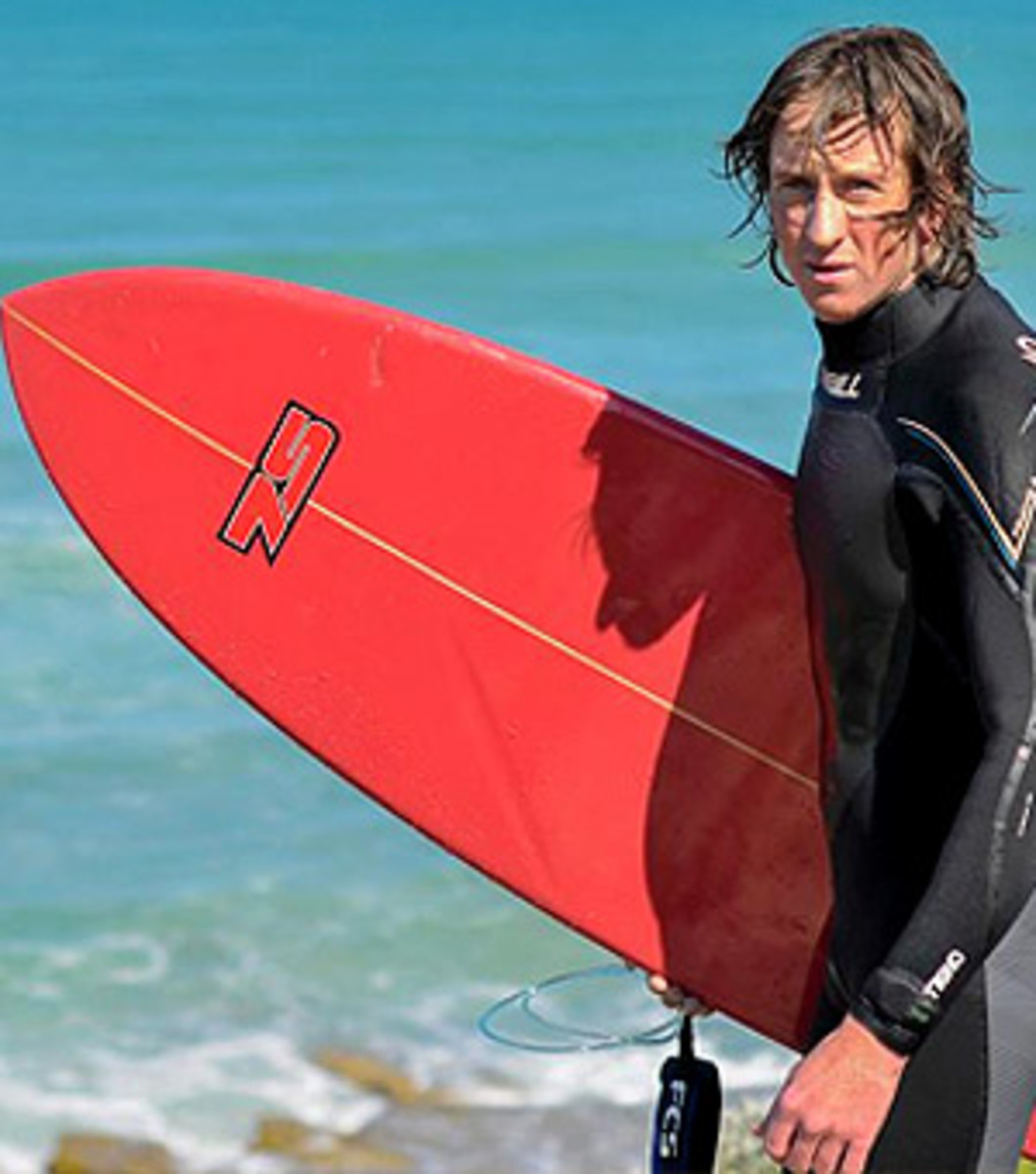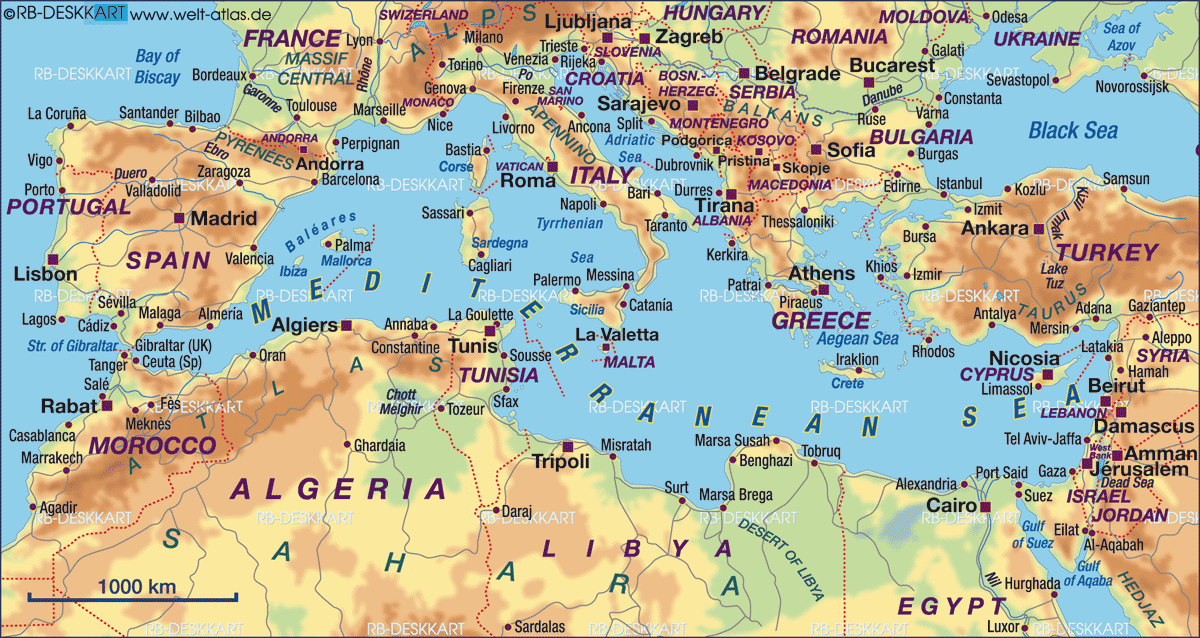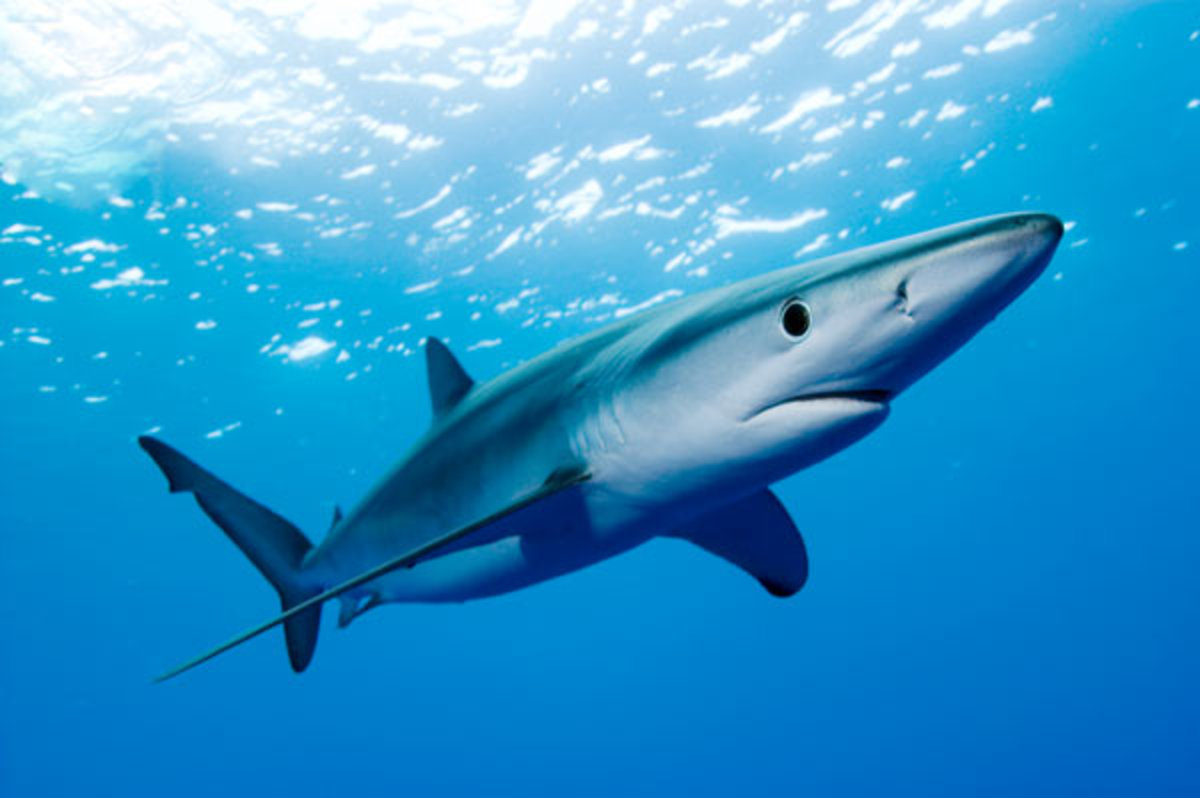- HubPages»
- Education and Science»
- Life Sciences»
- Marine Biology
How to Start and Maintain Saltwater Reef Aquarium
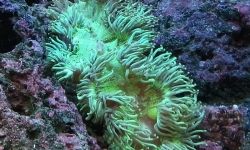
Starting and Maintaining a Reef Aquarium
Starting a Reef Aquarium is easy, maintaining one can be. You should do some research before you start otherwise you will be heart broken.
Saltwater Reef Aquariums are a bit sensitive there is much you need to know before getting into this hobby.
Such as:
* What kind of Chemicals do you need
* Proper Filtration
* Regular tap water can harm your reef
* What's the right temperature to maintain
* Water Flow
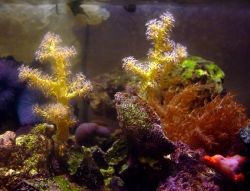
Make a List of the things you will need
What you will need to start your Salt Water Aquarium. You don't necessarily have to get these particular products. Just want to give you an Idea what to look for.
Items that are deemed necessary when starting a saltwater aquarium or reef tank system,
* Tank w/ glass top and stand ( size of your choice)
* undergravel/over the side filters or both
* bio canister filter
* heater
* lights
* air pump
* chemical test kit
* sea salt mixes
* power heads
* for the bed - crushed coral or sand
* thermometer
* small container of biozyme ( helps speed curing process for the bed)
* Live Rock
Start off with a nice brand of "Live Sand" for the base of your aquarium. It promotes growth for corals and is loaded with beneficial bacteria.
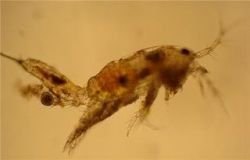
Cope-pods are Very Important
Don't forget this Important Tip!
These little creatures are not only food for your fish, coral,inverts etc.
They are VERY beneficial to your aquarium. With out these your Aquarium can fail!
Why? Because Cope-pods eat the waste in the aquarium. Which lowers the nitrates in the water.
You should keep your tank replenished with them constantly. Some people culture (grow, raise) cope-pods themselves so they will always have
them available.
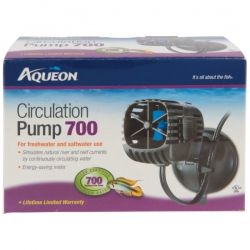
Circulation Pumps for Good WaterFlow
Maintaining good water flow, water movement in your tank is important. It keeps oxygen in the water and also keeps the slime rinsed off from your Corals. You will want the pump to have just the right amount of airflow not too hard so that it blows everthing around. I use the Aqueon pumps in my Aquariums. So far I have had no problems.
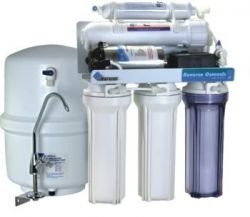
Reverse Osmosis (RO/DI) System
Pure Water not Tap Water for the Aquarium
To keep your water fresh, clean and free of ammonia and nitrates it is best to do a 20% water change weekly.
**Tap water is Not recommended**!
You'll want pure water. It's best to use distilled water. You can by by the jugs anywhere but can get expensive.
Most people use a RO/DI system ( Reverse Osmosis/ De Ionized ) it also helps keep algae under control too.
At first I was using tap water before I learned about RO/DI.
It sure makes a difference because when I did a water change and cleaned the filters thinking everything was fresh again.
The next day I had brown algae already growing. But since I started using water from the RO/DI system I don't have that problem anymore.
It also got me to thinking about "What was I really drinking"! Needless to say I don't drink from the faucet anymore. I use the RO/DI system for me too.
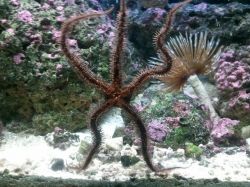
Live Rock for your Marine Life
What is Live Rock? It is rock that has small living creatures in the crevices which makes it alive.
You never know what you might find in live rock. Anemones, snails, feather dusters, algae, polyps.
My husband and I like to sit in front of the aquarium at night. We turn out the lights and use a flash light to see what we can find in our saltwater rocks.
You do have to watch out that you don't get bad rocks that contain bad worms or Aiptasia anemones. Better known as " Hitchhikers" and can take over the aquarium.
© 2011 Ramona

